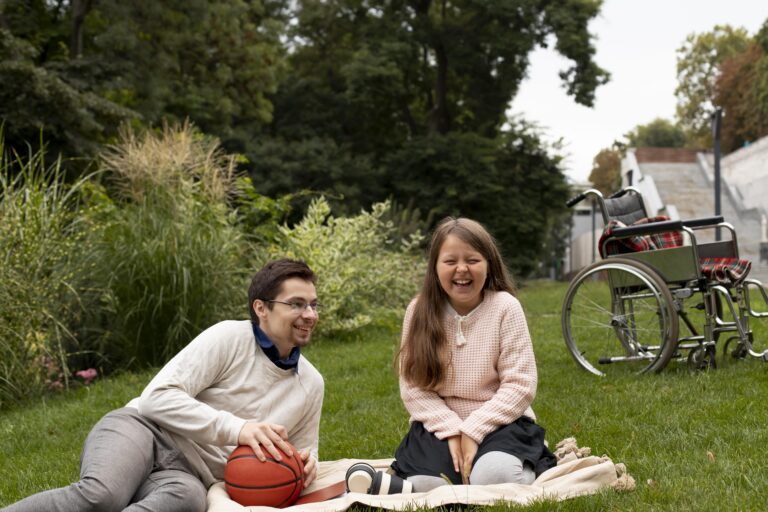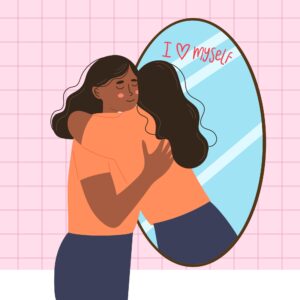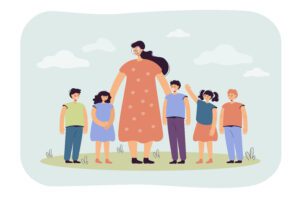Parenting with a Disability: Challenges, Resources, and Success Stories
Exploring the Triumphs and Trials of Parenting with a Disability: This article delves into the challenges faced by parents with disabilities, highlights supportive resources, and shares inspiring success stories, emphasizing the empowering role of organizations like Disability Company in these parents’ journeys.

Parenting is a journey filled with challenges and triumphs, and for parents with disabilities, these experiences can be uniquely complex. Disabilities, whether physical, sensory, intellectual, or mental health-related, can impact various aspects of parenting. Yet, with the right resources, support, and determination, parents with disabilities can and do thrive. This article explores the challenges faced by parents with disabilities, highlights available resources, and shares inspiring success stories.
Understanding the Challenges
Physical Accessibility
For parents with physical disabilities, simple tasks like picking up a child, navigating a stroller, or childproofing a home can be daunting. Homes and public spaces may not always be accessible, making it difficult to engage in typical parenting activities.
Sensory Challenges
Parents with sensory disabilities, such as those who are blind or deaf, face unique communication and safety challenges. For instance, a deaf parent might need alternative ways to monitor a crying baby, while a blind parent might require special tools for bonding and caring for their child.
Social Perceptions
One of the significant challenges comes from societal attitudes. Parents with disabilities often face skepticism and doubt about their capabilities. This societal bias can lead to emotional stress and may impact a parent’s confidence.
Mental Health and Intellectual Disabilities
Parents with mental health issues or intellectual disabilities might struggle with consistent caregiving or decision-making. They may require ongoing support to ensure both their well-being and that of their child.
Resources and Support
Adaptive Equipment and Technology
Today’s technology offers a range of adaptive tools and equipment to assist parents with disabilities. From modified cribs and strollers to baby monitors designed for the deaf, these tools empower parents to care for their children effectively.
Support Networks
Support groups, both online and offline, provide a platform for sharing experiences, advice, and emotional support. Organizations specific to parenting with disabilities offer a wealth of information and community connection.
Professional Assistance
Professional services, such as home health aides, occupational therapists, and social workers, can provide necessary support and guidance. These professionals can help tailor parenting strategies to individual needs.
Legal Aid
Legal aid services can assist in understanding and advocating for parental rights, especially important for parents with disabilities who might face discrimination or custody challenges.
Success Stories
Overcoming Physical Barriers
John, a wheelchair user, adapted his home to ensure he could move freely with his infant. He installed lower crib rails and an accessible changing table, demonstrating how physical barriers can be creatively overcome.
Sensory Adaptations
Lisa, who is blind, uses tactile and auditory cues to bond with her child. She adapted her approach to parenting to ensure safety and connection, proving that sensory disabilities do not preclude effective parenting.
Intellectual Disabilities Triumph
Sarah, a parent with an intellectual disability, worked with a support team to develop her parenting skills. Her journey underscores the importance of tailored support and the potential for success with the right resources.
Mental Health Resilience
David, battling depression, established a strong support network and sought professional help. His story highlights the importance of mental health care in parenting.
Parenting with a disability presents unique challenges, but with resilience, support, and the right resources, it can be a journey of profound joy and accomplishment. The success stories of parents overcoming these challenges are testaments to their strength and the potential for all parents, regardless of disability, to thrive. As society becomes more inclusive and supportive, the narrative of parenting with a disability continues to evolve towards empowerment and recognition of diverse parenting experiences.
Reach out today at 1300 897 848 for more information and to be part of our growing community. We’re here to help you navigate your path with confidence and support.
Check more events and stories

Exploring Adaptive Sports and Recreation Opportunities in Australia
Discover empowering opportunities like wheelchair basketball, adaptive cycling, and more that promote inclusion and achievement

Self-Care Strategies for Individuals with Disabilities and Chronic Conditions
Discover practical self-care strategies tailored to the unique needs of individuals with disabilities and chronic conditions. From prioritizing rest and nutrition to cultivating emotional well-being and setting boundaries, empower yourself to enhance your overall quality of life and wellness journey.

How Aged Clients Can Benefit from In-Home Care
How Aged Clients Can Benefit from In-Home Care in Victoria More Australians are choosing to live at home to maintain their independence as they age.

How to Choose a Quality NDIS-Registered Support Provider
Choosing a NDIS-Registered Support Provider in Victoria Trying to find an NDIS provider that provides quality, short and long-term care? Quality support means understanding and

Embracing Inclusive Recreation: A Guide to Accessible Leisure Activities for People with Disabilities
Embracing Inclusive Recreation: A Guide to Accessible Leisure Activities for People with Disabilities

The Role of Caregivers: Supporting Loved Ones with Disabilities
Discover the vital role caregivers play in supporting individuals with disabilities. From understanding their challenges to offering practical strategies, this article sheds light on the importance of self-care, communication, and advocacy. Reach out if you need support on this journey.

